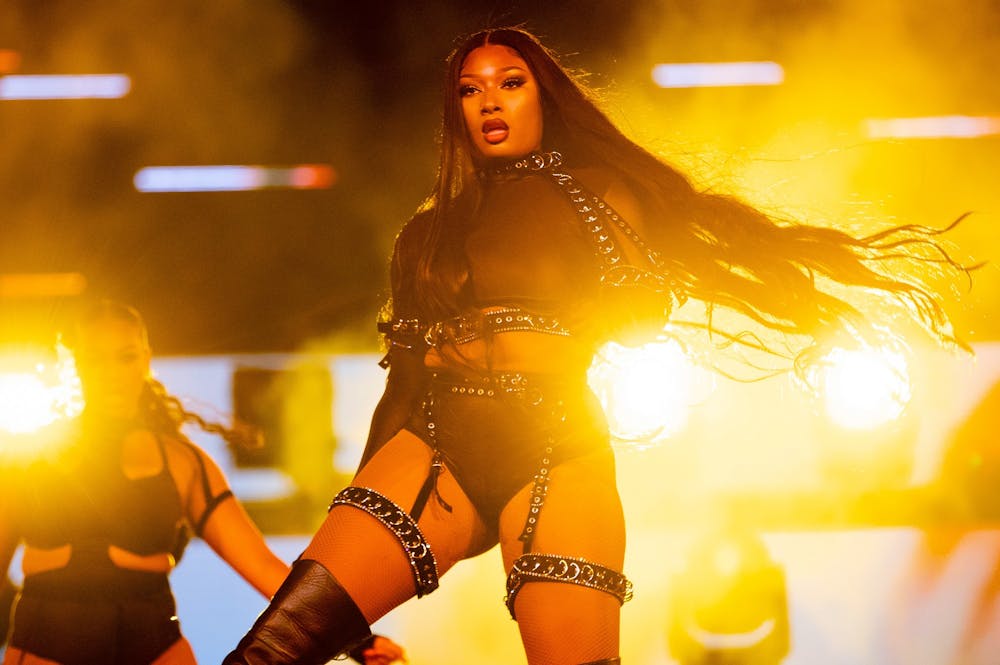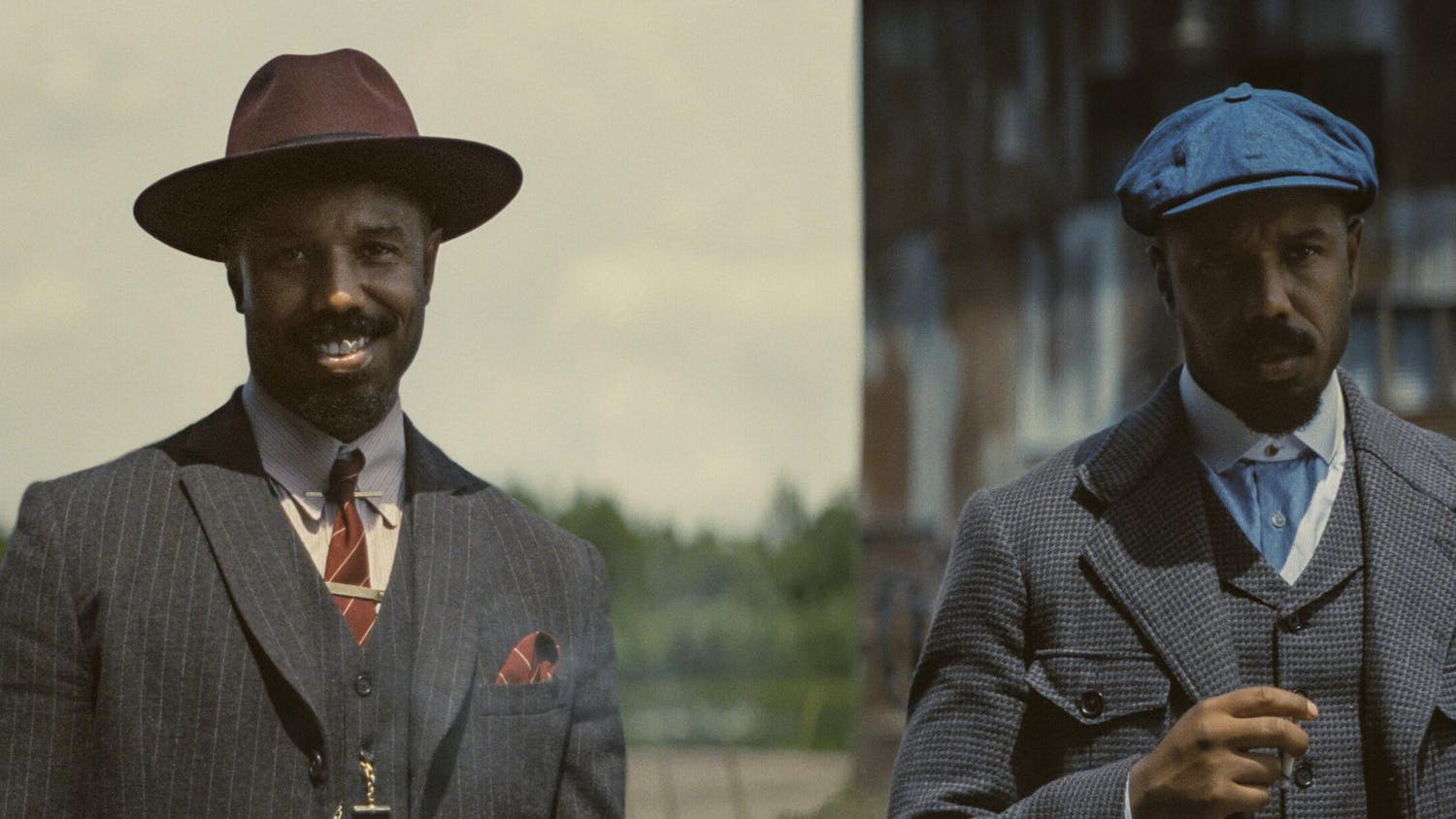It seems kind of pointless to worry about hip-hop detractors. Hip-hop and rap are the reigning kings of the music industry at the moment, pulling in money and listeners like none other and has reached a global audience. Hip-hop is the biggest thing in the music world. But growing up, just a bit before hip-hop and rap became what they are today, I heard the common adage "I listen to anything but rap."
It wasn't any surprise why, necessarily. Hip-hop and rap are still, to this day, plagued by stereotypes of being laden with foul language and abhorrent amounts of sexually charged, misogynistic ideas. There's also the folks who like to use their basic understanding of music theory to argue that rap isn't music at all, coming up with some other definition. There's also the issue at hand with the sound of the music. Hip-hop is often pretty loud and even abrasive at times, with the high energy not being something some people can like.
While I can acknowledge that, sure, certain kinds of rap aren't everyone's cup of tea, a person still needs to respect it as a genre. There are plenty of songs I don't enjoy yet still appreciate as a work of art, but hip-hop is rarely granted that luxury. It doesn't live in that area of classical music or jazz where most people can say they understand why it's important even if they don't prefer it. Even then, with classical and jazz music, people can still listen and enjoy even if they don't seek it out.
But not with hip-hop, apparently. It's not a gradient. It's treated with a binary — it's either art just like any other kind of music, or it's awful and is barely anything more than white noise.
And the flaw with this thought process is some listeners have a singular idea of what hip-hop is: that it's all the same with no variation, which just isn't true. It's like saying that all rock music is the same. What about metal, prog rock, alt rock, grunge or punk rock? Jazz has the blues, swing, big band, latin jazz, bebop, ballad and more. Classical has fugues, symphonies, marches, concertos and more. Why is hip-hop treated as if it's a monolith?
I assume it's because people refuse to acknowledge its spread across music. Frankly, every hit song from the past 20 years is either inspired by or infused with hip-hop. Be it break beats, rapping or the use of sampling, hip-hop is a part of most people's musical tastes. And that begs the question: why isn't hip-hop recognized as what it is — a massively important musical art?
It's Black. It's the Blackest music there is right now. Unlike the other predominantly Black music genre in American history, jazz, the most financially successful hip-hop artists aren't white, and that Blackness is much harder to ignore. And, unlike most jazz, hip-hop is a vocal music, with lyrics often talking on the topic of Blackness. With how recent hip-hop is, having emerged in the 1970s, it's impossible to ignore the history of the genre. It's not some nebulous idea of royal music such as classical, nor is it the very simplified timeline from negro spirituals and church music to jazz. It's a music that had its start during a tumultuous time for Black folk, a time soberingly recent.
And I'm not saying hip-hop is exclusively Black. It's anything but. From classic examples such as Eminem and Mac Miller to the more recent trends of rappers featured in K-pop groups, hip-hop has, in a way, transcended race. But that doesn't mean you can ignore the history.
Which brings me back to the title of this piece: what excuse is there for a person to say they don't like hip-hop?
Frankly, there isn't one.
To those who say it is too violent, I implore you to listen to Grandmaster Flash, one of the pioneers of hip-hop who rapped about how young kids need to avoid drug use way back in 1982. To those who say it's inherently misogynistic, listen to Lauryn Hill, who raps and sings about womanhood. To those who say it's too abrasive and loud, listen to A Tribe Called Quest, which emphasizes the use of real instruments. Hip-hop is much more than the stereotypes, and encompasses so much. And to say you don't like it is inexcusable.




